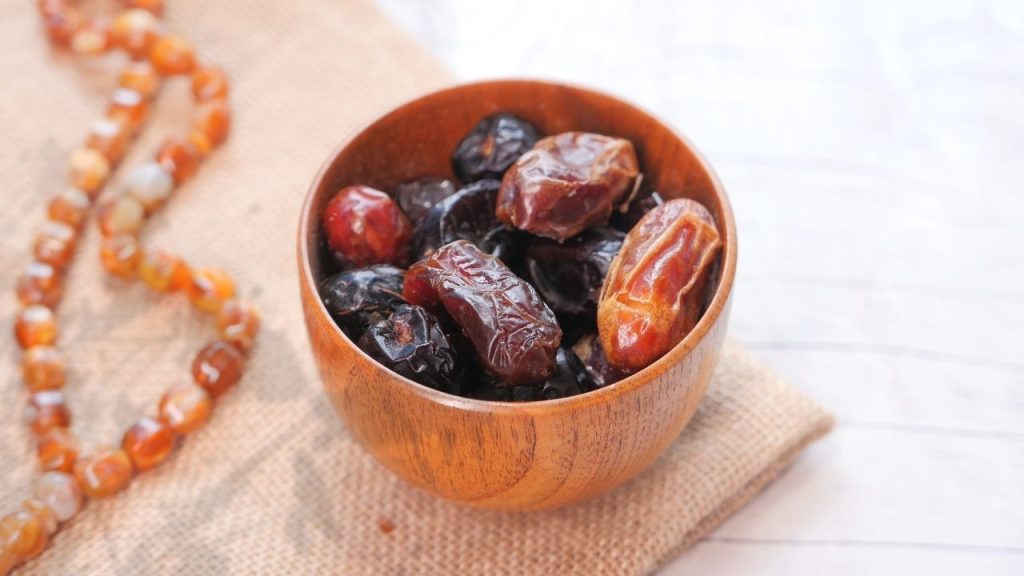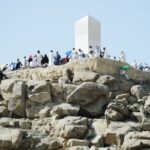All about Eid

Yaqeen Institute for Islamic Research
Eid al-Fitr and Eid al-Adha are the two largest holidays for Muslims. Join in on the celebration. Eid Mubarak is the customary greeting!
The Islamic calendar has two major holidays each year. The first is Eid al-Fitr, which marks the end of Ramadan and celebrates an entire month of fasting. The second is Eid al-Adha, the festival of the sacrifice that occurs during the culmination of the Hajj pilgrimage season. It takes place two lunar months after Ramadan. Each Eid celebrates a spiritual renewal after a period of sacrifice and devotion.
Eid al-Fitr
Eid al-Fitr occurs at the end of Ramadan. After an entire month of fasting and extra prayer, Muslims are sad to bid Ramadan and its spiritual atmosphere good-bye, but also excited to celebrate their efforts with a holiday. The festivities begin early on Eid day with the traditional takbeerat and communal prayers. Celebrants show up in their loveliest clothing to pray together, embrace all of their friends, and wish each other “Eid mubarak.” After Eid prayer, specific ways of celebrating vary across a plethora of Muslim cultures, but whether it’s knafeh or donuts, you can be sure that there will be lots of feasting on delicious foods, exchanging gifts, and quality time spent together with family and community.
Eid al-Adha
This Eid occurs during the Hajj season and commemorates the sacrifices and devotion of Abraham (peace be upon him) and his family. Eid al-Adha coincides with the Hajj pilgrimage, where pilgrims from around the world follow the rituals of Abraham, like circling the Ka’bah (the Grand Mosque in Makkah) which he originally built. Eid al-Adha also reminds us of the devotion of Abraham and his son Ishmael as they surrendered themselves to God’s Will and, as a result, were beautifully rewarded.
On this day, it’s customary for those with wealth to sacrifice a sheep or other animal, as Abraham did in place of his son, and donate the meat to those in need. After that, those at home celebrate similarly to Eid al-Fitr—with morning prayers, gifts, food, and festivities—while those at Hajj continue on with the rites of pilgrimage.



